 Welcome
Welcome
“May all be happy, may all be healed, may all be at peace and may no one ever suffer."
Somatic symptom disorder

Somatic symptom disorder (SSD) is a type of mental health condition in which a person experiences physical symptoms that are not explained by a medical condition. These symptoms may be related to pain, gastrointestinal distress, neurological problems, or other bodily sensations.
The symptoms of SSD can be distressing and may cause significant impairment in a person's daily life. They may be experienced as real physical sensations and can lead to excessive worry, anxiety, and preoccupation with physical health. A person with SSD may also engage in excessive health-related behaviors, such as frequent doctor visits, medical tests, and treatments.
The exact cause of SSD is not fully understood, but it is believed to be related to a combination of genetic, environmental, and psychological factors. People with a history of trauma or stress may be more likely to develop SSD.
Diagnosis of SSD involves a comprehensive evaluation of a person's symptoms, medical history, and psychological status. Treatment for SSD typically involves a combination of psychotherapy, such as cognitive behavioral therapy (CBT), and medication to manage anxiety and depression. Education about the nature of SSD and the role of stress and emotions in physical symptoms may also be helpful.
With appropriate treatment, people with SSD can learn to manage their symptoms and improve their quality of life. If you experience physical symptoms that are not explained by a medical condition, it is important to consult with a healthcare provider or mental health professional for further evaluation and diagnosis.
Research Papers
Disease Signs and Symptoms
- Shortness of breath (dyspnea)
- Fatigue (Tiredness)
- Weakness
- Specific sensations, such as pain or shortness of breath, or more general symptoms, such as fatigue or weakness
- Constant worry about potential illness
- Viewing normal physical sensations as a sign of severe physical illness
- Fearing that symptoms are serious, even when there is no evidence
- Fearing that physical activity may cause damage to the body
- Frequent health care visits that don't relieve concerns or that make them worse
Disease Causes
Somatic symptom disorder
The exact cause of somatic symptom disorder isn't clear, but any of these factors may play a role:
- Genetic and biological factors, such as an increased sensitivity to pain
- Family influence, which may be genetic or environmental, or both
- Personality trait of negativity, which can impact how you identify and perceive illness and bodily symptoms
- Decreased awareness of or problems processing emotions, causing physical symptoms to become the focus rather than the emotional issues
- Learned behavior — for example, the attention or other benefits gained from having an illness; or "pain behaviors" in response to symptoms, such as excessive avoidance of activity, which can increase your level of disability
Disease Prevents
Somatic symptom disorder
Little is known about how to prevent somatic symptom disorder. However, these recommendations may help.
- If you have problems with anxiety or depression, seek professional help as soon as possible.
- Learn to recognize when you're stressed and how this affects your body — and regularly practice stress management and relaxation techniques.
- If you think you have somatic symptom disorder, get treatment early to help stop symptoms from getting worse and impairing your quality of life.
- Stick with your treatment plan to help prevent relapses or worsening of symptoms.
Disease Treatments
The goal of treatment is to improve your symptoms and your ability to function in daily life. Psychotherapy, also called talk therapy, can be helpful for somatic symptom disorder. Sometimes medications may be added, especially if you're struggling with feeling depressed.
Psychotherapy
Because physical symptoms can be related to psychological distress and a high level of health anxiety, psychotherapy — specifically, cognitive behavioral therapy (CBT) — can help improve physical symptoms.
CBT can help you:
- Examine and adapt your beliefs and expectations about health and physical symptoms
- Learn how to reduce stress
- Learn how to cope with physical symptoms
- Reduce preoccupation with symptoms
- Reduce avoidance of situations and activities due to uncomfortable physical sensations
- Improve daily functioning at home, at work, in relationships and in social situations
- Address depression and other mental health disorders
Family therapy may also be helpful by examining family relationships and improving family support and functioning.
Medications
Antidepressant medication can help reduce symptoms associated with depression and pain that often occur with somatic symptom disorder.
If one medication doesn't work well for you, your doctor may recommend switching to another or combining certain medications to boost effectiveness. Keep in mind that it can take several weeks after first starting a medication to notice an improvement in symptoms.
Talk with your doctor about medication options and the possible side effects and risks.
Disease Diagnoses
Disease Allopathic Generics
Disease Ayurvedic Generics
Disease Homeopathic Generics
Disease yoga
Somatic symptom disorder and Learn More about Diseases

Waldenstrom macroglobulinemia
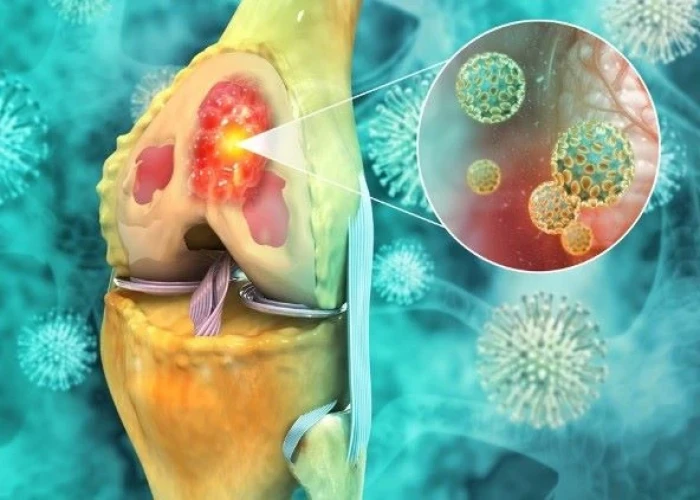
Osteosarcoma
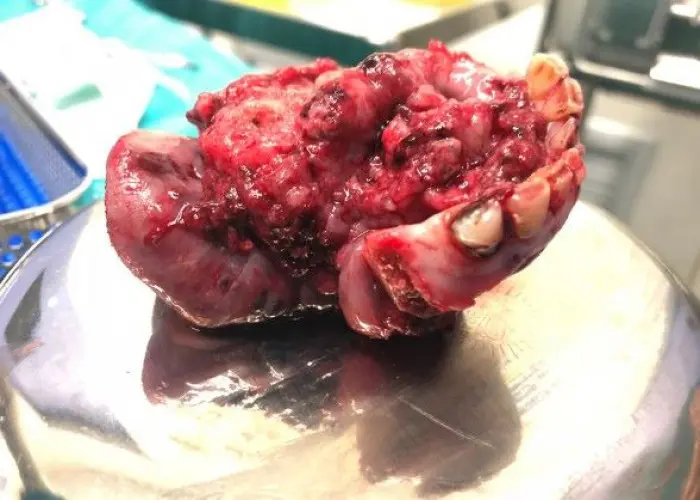
Floor of the mouth cancer

Herniated disk
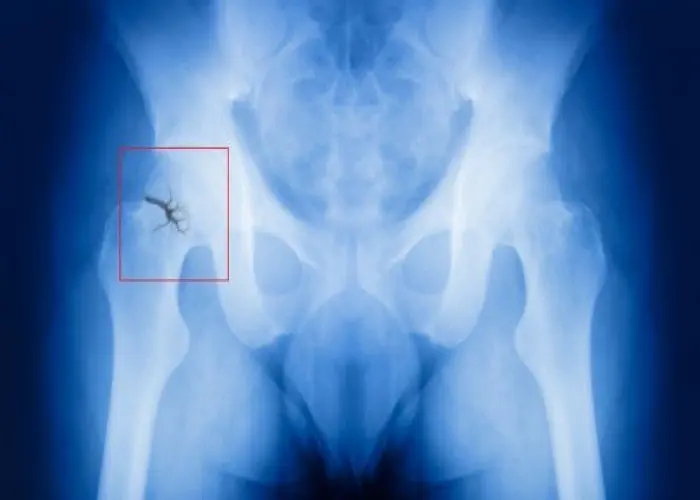
Hip fracture
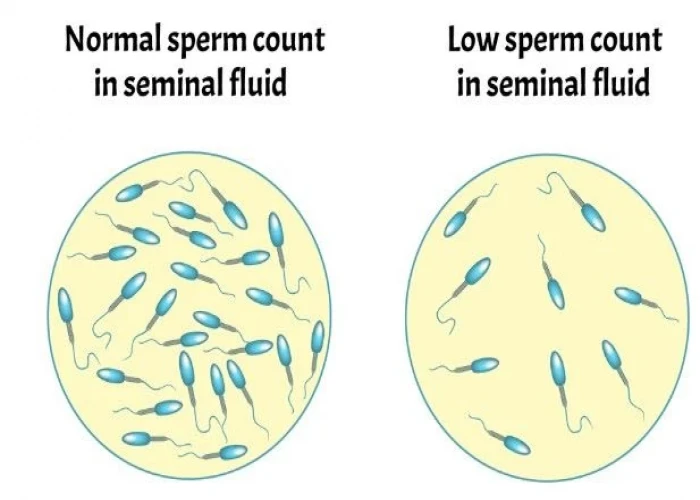
Low sperm count
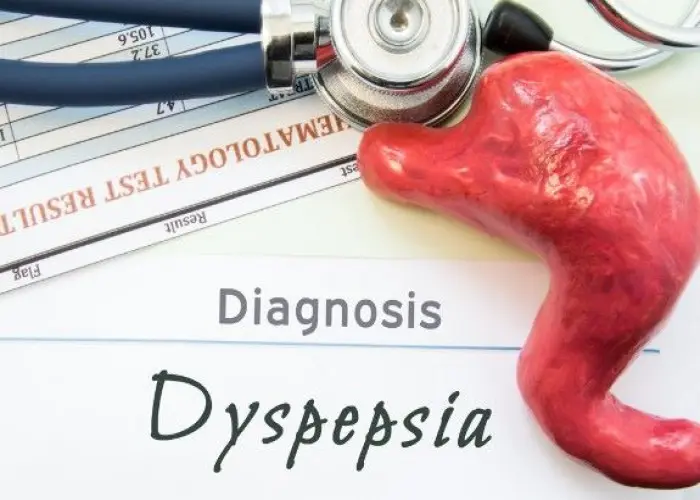
Functional dyspepsia

Plague
Somatic symptom disorder, সোম্যাটিক সিম্পটম ডিসঅর্ডার, সোম্যাটিক লক্ষণ ব্যাধি
To be happy, beautiful, healthy, wealthy, hale and long-lived stay with DM3S.
